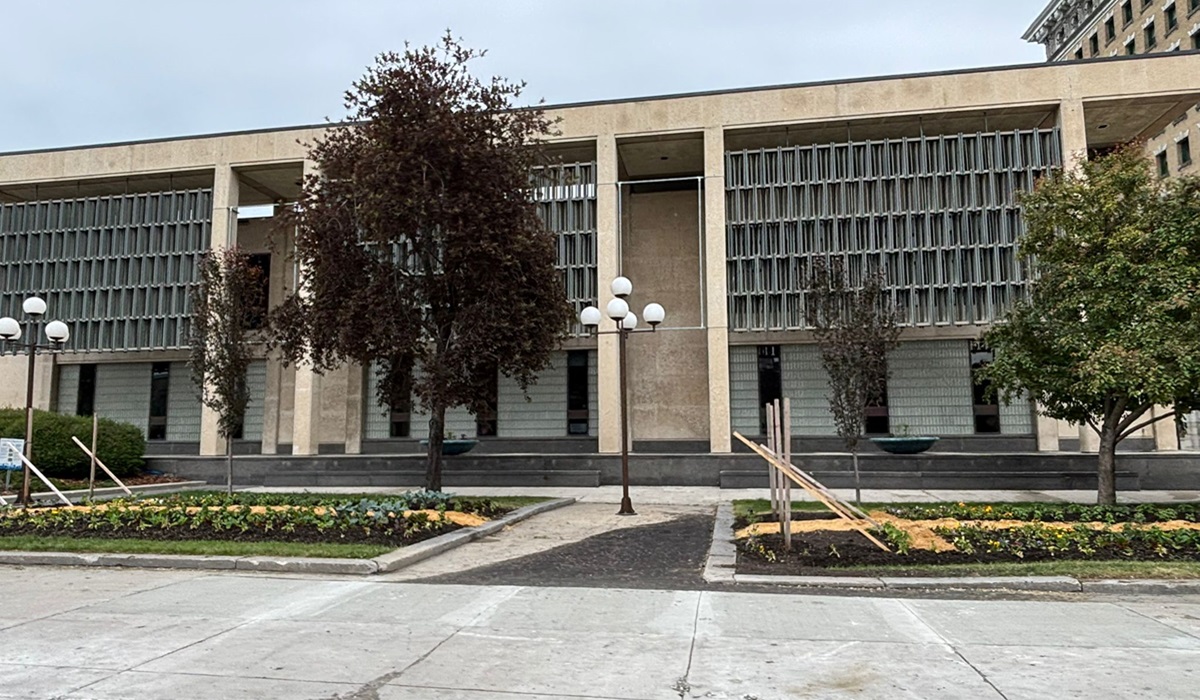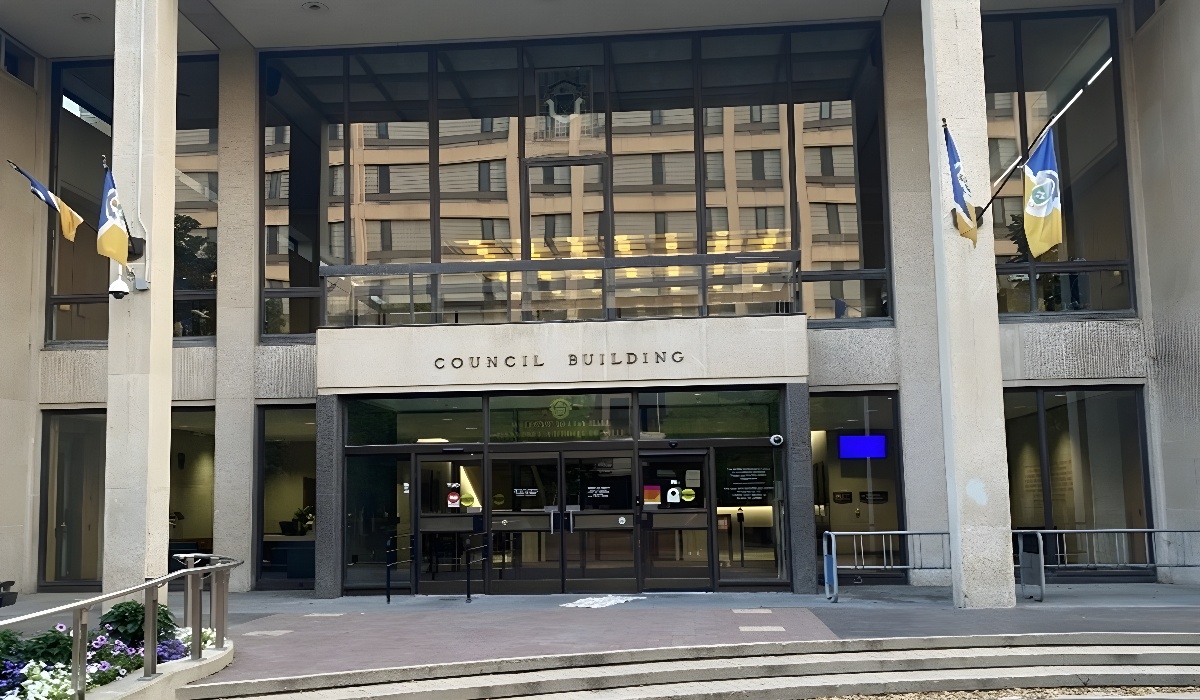City of Winnipeg Wins in Parker Lands Case, But Development Questions Linger
- TDS News
- Western Canada
- June 18, 2025

The City of Winnipeg has secured a significant legal victory in one of the most closely watched development disputes in recent years. The Manitoba Court of Appeal has overturned a 2023 ruling from the Court of King’s Bench that had awarded $5 million in damages to local developer Andrew Marquess of Gem Equities. That earlier ruling had found that Winnipeg city planners unjustifiably impeded Marquess’s efforts to build 1,900 housing units on the former Parker Lands property — an area viewed as one of the last major infill opportunities in Winnipeg.
In the original decision, the lower court judge concluded that city planners “deliberately stalled” Gem Equities’ application and cited River Heights–Fort Garry Councillor John Orlikow as having played a notable role in “nefarious” interference with the development process. However, the Manitoba Court of Appeal sharply reversed course, ruling that Marquess failed to prove that any meetings between planners and the councillor amounted to improper conduct or that the city had intentionally acted in bad faith.
While the appeal court’s ruling is final at the provincial level, Gem Equities is not backing down. The company’s legal team has now filed an application for leave to appeal to the Supreme Court of Canada — a long and uncertain process with high financial stakes.
For the Supreme Court of Canada to hear the case, it must first grant leave — permission to proceed. The Court receives hundreds of applications each year but hears fewer than 10% of them. To qualify, cases typically must raise issues of national importance, new legal questions, or matters that could set broad precedents.
The decision to grant or deny leave to appeal could take six months or longer. And even if granted, the actual hearing of the case may not occur for another year or more. In the meantime, the legal costs to Gem Equities will continue to mount — costs that few developers can afford, let alone justify.
While city officials may celebrate the appeal court’s decision as vindication of their planning process, the broader implications are more complicated. For developers, this outcome sends a chilling message: even if you believe your project is being stalled by bureaucracy or political interference, the road to justice is not only long — it may be prohibitively expensive.
Several developers who have been monitoring the Parker Lands case have expressed concerns, many quietly, fearing retaliation or reputational blowback. Some have described similar delays, sudden plan reversals, and unexplained holdups when dealing with City Hall. The fear is not just about losing in court — it’s about going up against a municipality with near-limitless legal resources, while private developers are left to shoulder multi-year legal bills just to defend their right to build.
And this isn’t happening in a vacuum. Winnipeg is in the throes of a housing affordability crisis, with growing demand and stagnant supply. Projects like Parker Lands could have added nearly 2,000 units, easing pressure on the market, creating jobs, and increasing the city’s tax base. Instead, what the public sees is another example of red tape, backroom politics, and delay.
The decision’s ripple effect goes beyond Gem Equities. The message is now loud and clear to developers across Canada who might have considered investing in Winnipeg: the process is complex, costly, and may not be worth the risk.
What makes this more troubling is the fact that Marquess was one of the few developers with the resources and determination to fight back. Most simply can’t afford to — or won’t. And with this decision, those sitting on the fence are likely to stay silent or move their investments elsewhere.
Yes, Winnipeg won the appeal. But the question now is: at what cost to its reputation as a city open to growth? While bureaucratic oversight is necessary, overregulation and opaque political interference can suffocate innovation, delay housing projects, and deter private investment — especially in a city that desperately needs new housing supply.
As for Gem Equities, their Supreme Court appeal is now a high-stakes gamble with national visibility. And while the city may enjoy a reprieve for now, if the case does proceed to the country’s highest court, it may again bring Winnipeg’s development process under an uncomfortably bright spotlight. Whether anything changes in the meantime is a question both citizens and developers will be watching closely.








